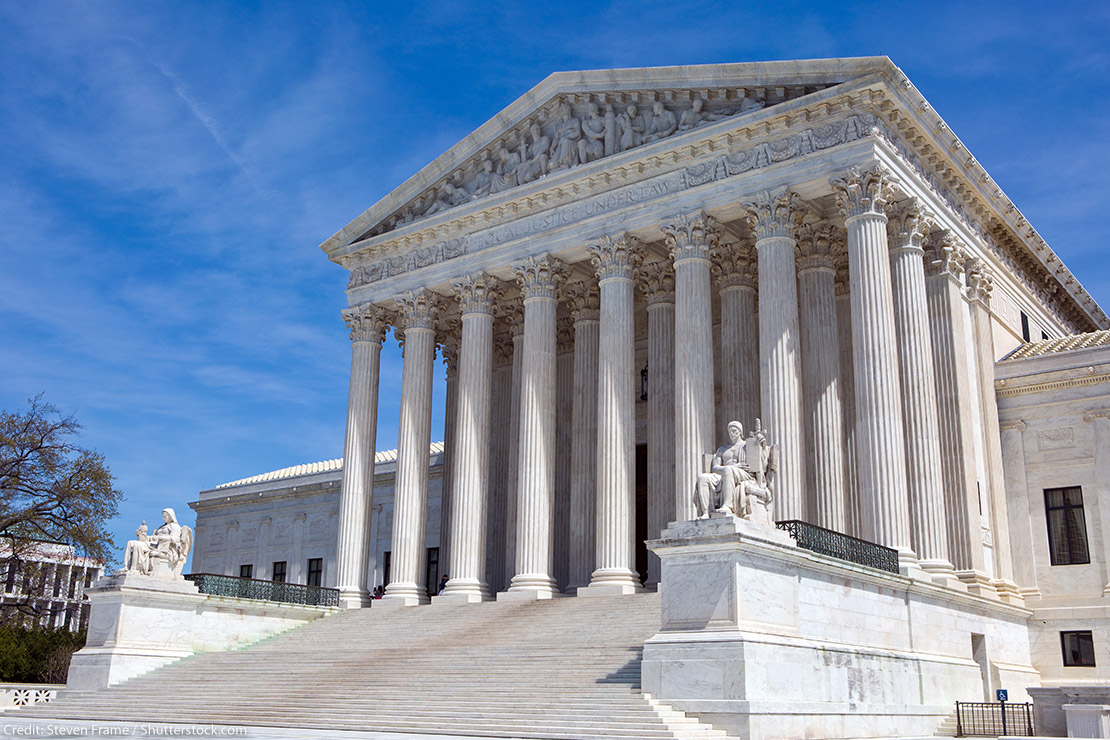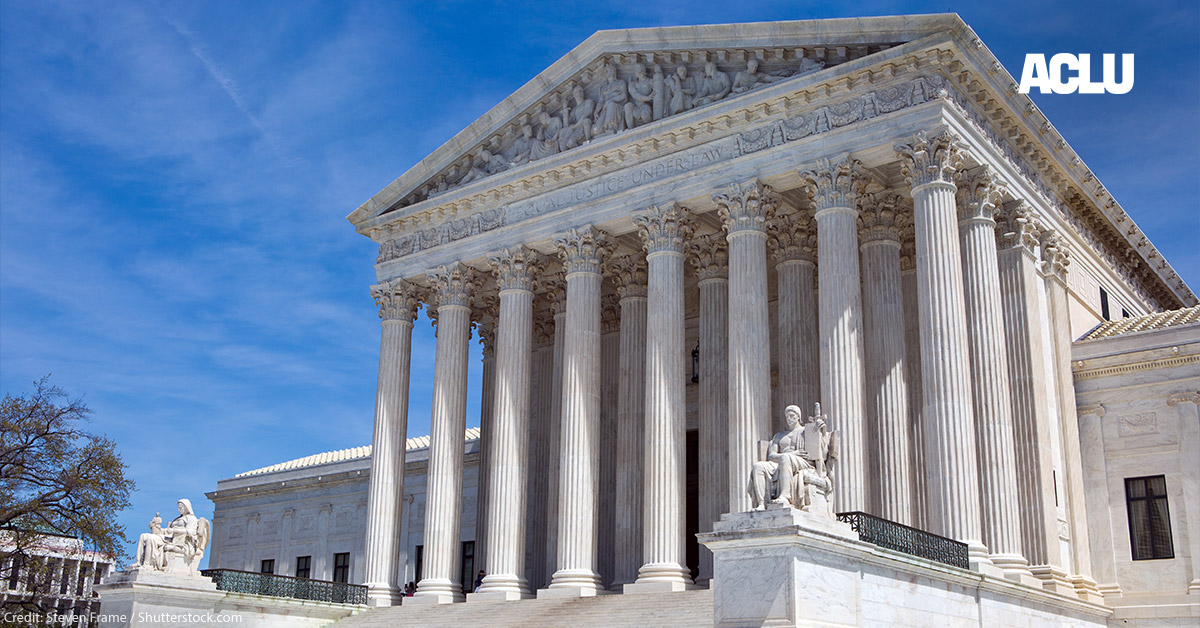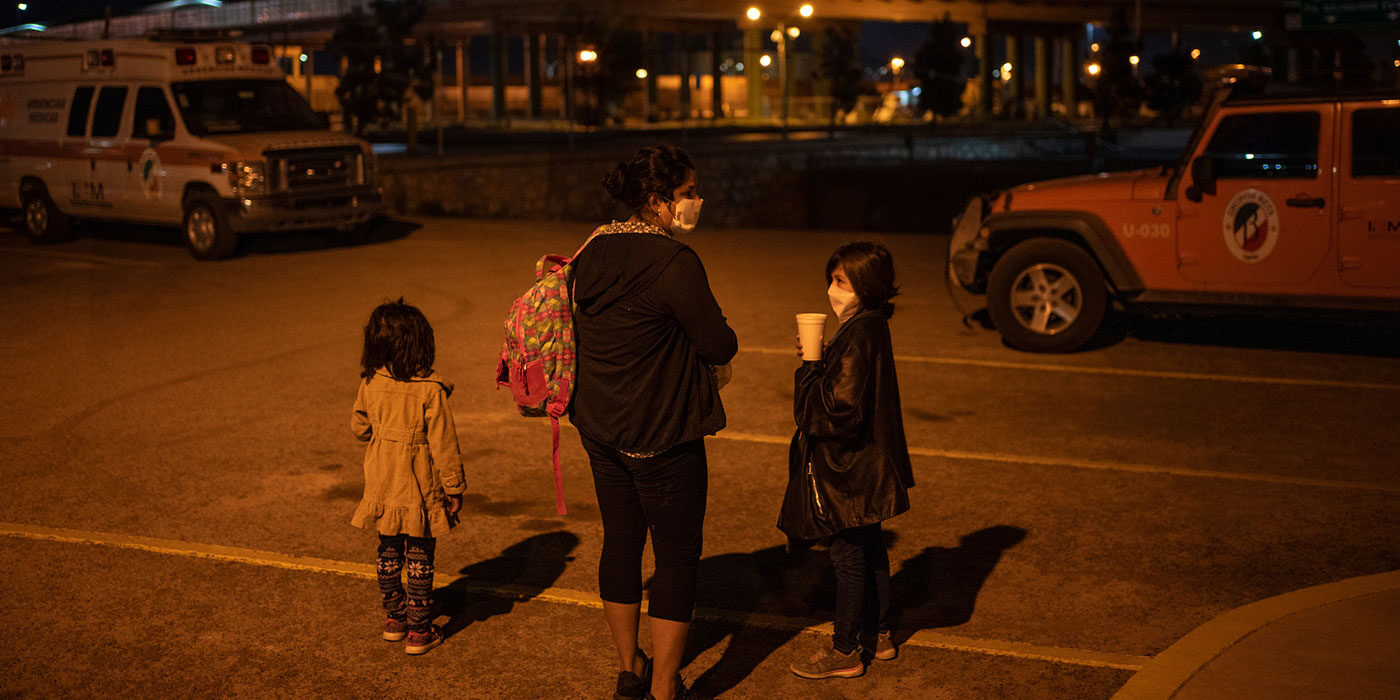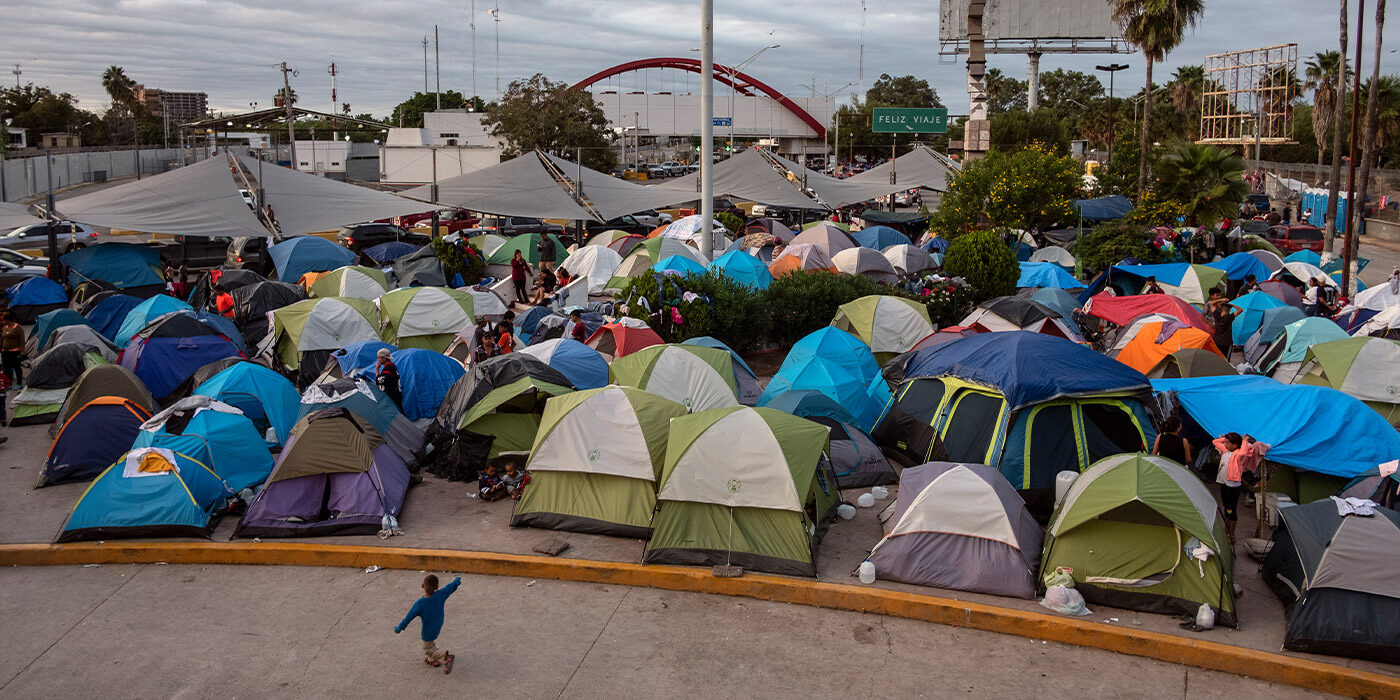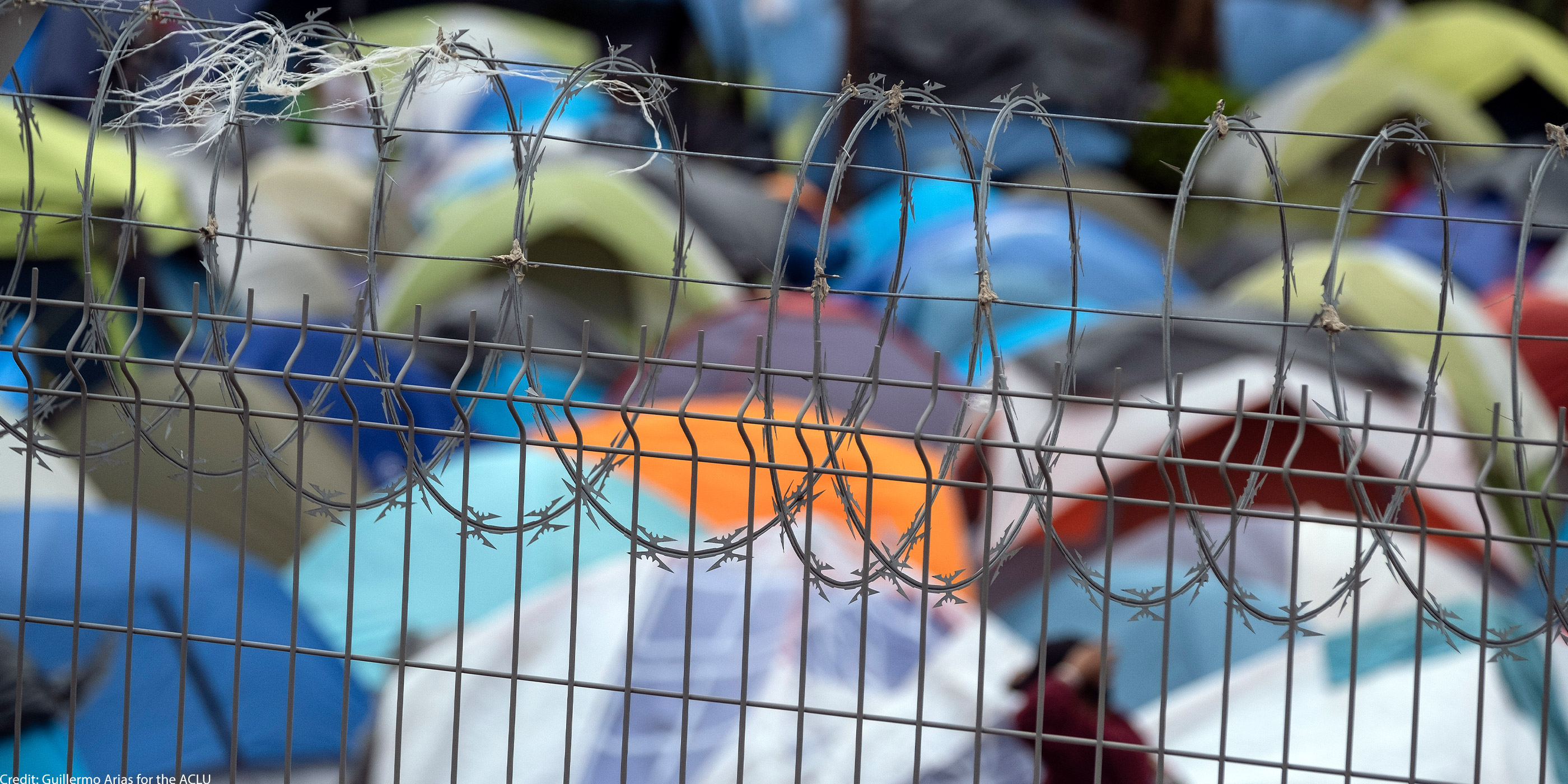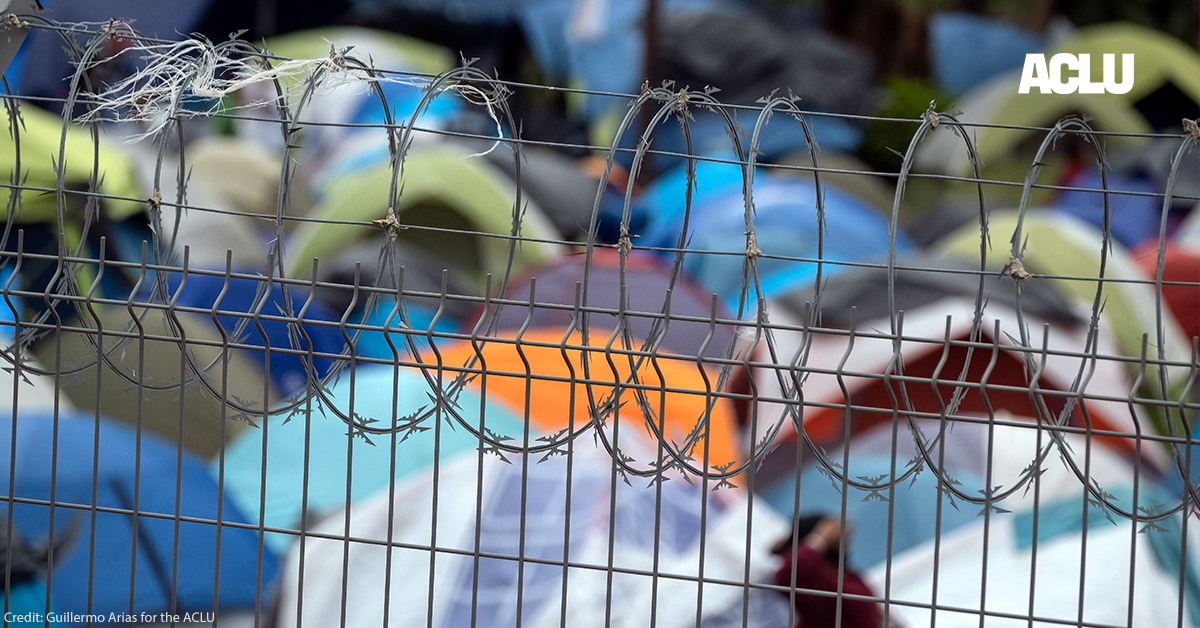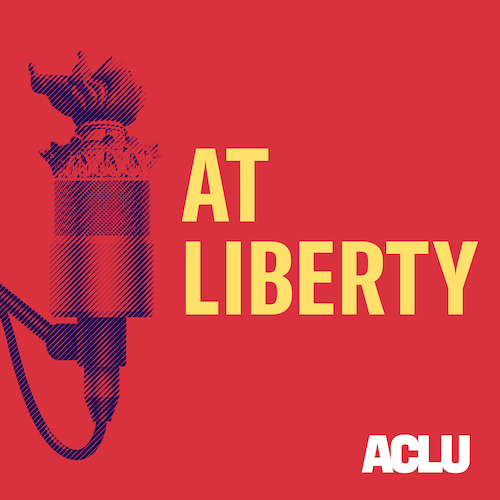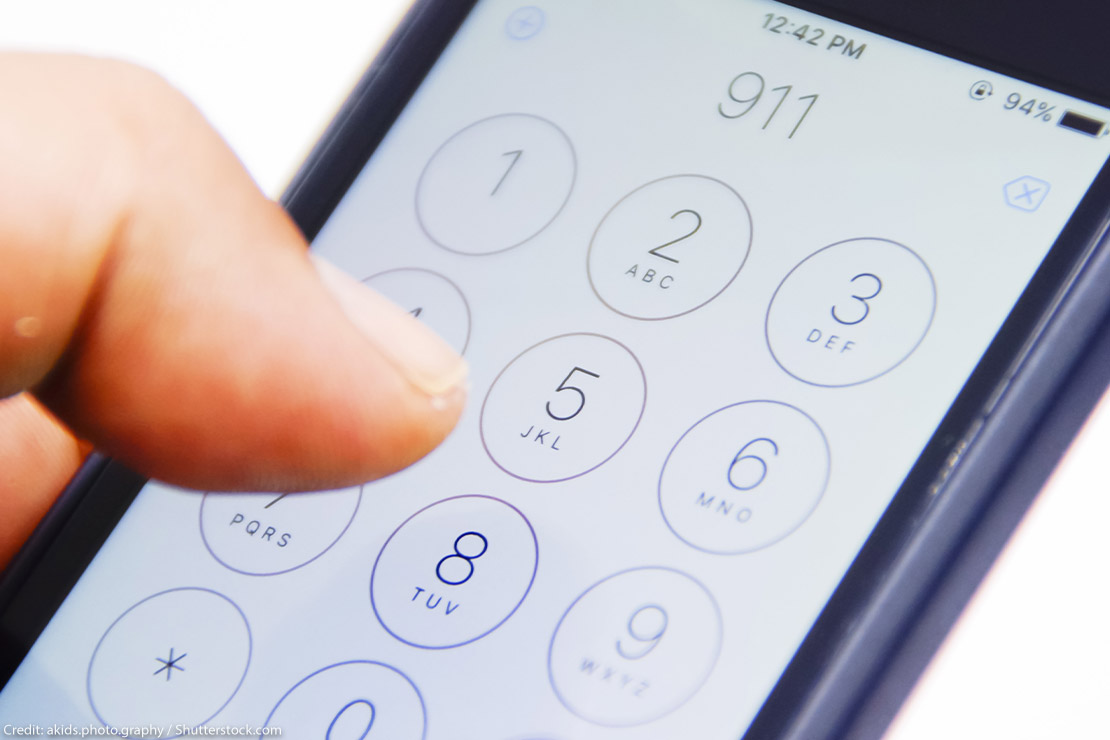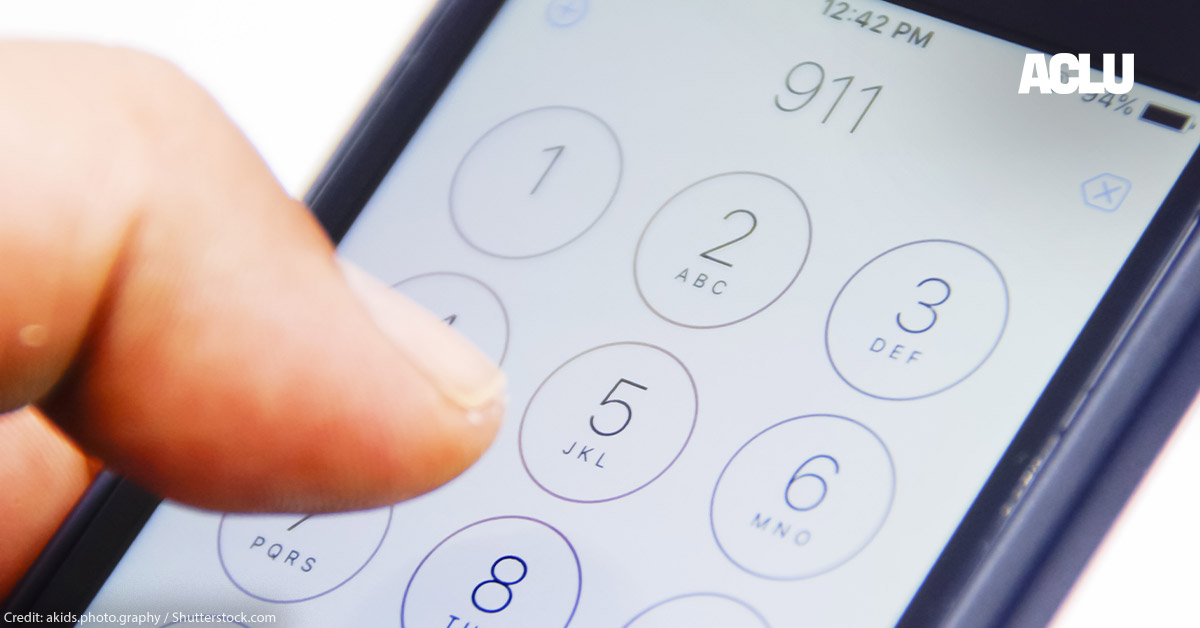Sandra Botello, an unemployed mother living in Chicago, faced a difficult financial choice — pay $400 in school fees for her son or cover the cost of renewing Chicago’s mandatory vehicle sticker. She paid the school fees, keeping her son’s education moving forward — but within weeks received five $200 tickets for not having a vehicle sticker. Late fees and collection fees caused her debt to balloon to nearly $3000. Chicago impounded Botello’s car for unpaid tickets, charged additional fees for storing her car for 33 days, and ultimately sold the car for scrap, leaving her with thousands of dollars of debt.
Today, the U.S. Supreme Court hears argument in Chicago v. Fulton, a case with profound implications for Botello and millions of others across the country who are buried under mountains of debt from fines and fees they cannot afford to pay to state and local governments. As our country grapples with an economic recession that has plunged millions of people into financial crisis — with Black and Brown communities hardest hit — the Supreme Court’s ruling on the bankruptcy question raised in Fulton is of critical importance nationwide.
Fulton concerns three bankruptcy cases resulting from Chicago’s draconian practice of addressing staggering budget gaps by squeezing people for money through hefty fines and fees, driver’s license suspension, and the seizure of their cars. Chicago seized the cars of Timothy Shannon and George Peake for unpaid tickets and the car of Robbin Fulton for driving on a license suspended for unpaid tickets. It also charged them thousands of dollars in fees to get their cars back. Unable to pay, each debtor sought a fresh start by filing for Chapter 13 bankruptcy.
Instead of returning the cars to Fulton, Shannon, and Peake when they each filed for bankruptcy, Chicago kept the cars, making it hard for them to go to work, earn money, and care for their families. Their cases raise the question of whether a creditor violates the automatic stay and turnover provisions of the U.S. Bankruptcy Code when it decides, after a debtor has filed for bankruptcy, not to return estate property to the debtor. The bankruptcy courts and the Seventh Circuit Court of Appeals all ruled that Chicago violated the law. Chicago sought review in the Supreme Court.
Last March, the ACLU and groups across the ideological spectrum — the Cato Institute, Fines and Fees Justice Center, Institute for Justice, Rutherford Institute, and R Street Institute — submitted a friend-of-the-court brief to the Supreme Court in Fulton. We argue that Chicago’s practice of keeping cars violates both the plain text of the Bankruptcy Code and Congress’ intent in establishing bankruptcy to give people a fresh start.
Our brief explains that the Bankruptcy Code requires creditors to return estate property to debtors immediately after the filing of a bankruptcy petition because debtors often need that property — like their cars — to earn income and make the payments required for a Chapter 13 bankruptcy plan. Instead of playing by the rules, Chicago seeks to keep cars locked up to coerce debtors into paying Chicago first. This practice causes real harm.
For example, Fulton needed her car to get to her job, take her preschool age daughter to day care, and care for her elderly parents. Shannon, a housekeeper, needed his car to get to work. Peake needed his car for his daily 45-mile commute. None of this is surprising since 86 percent of Americans describe a car as a necessity of life and 70 percent of Chicago commuters drive alone to work.
Our brief also provides context critical to understanding the national importance of the Supreme Court’s ruling in Fulton. Chicago’s ticketing and impoundment practices are part of a nationwide trend in which governments turn to fines, fees, and punitive collection practices — instead of taxes — to raise public revenue. Cities and towns across the country use ticketing to raise money, leading to what some call “taxation by citation.” Nearly 600 cities raise at least 10 percent of their general fund revenue through fines and fees, and at least 284 rely on fines and fees for 20 percent or more of their general funds.
These powerful incentives for governments to impose fines and fees people cannot afford lead to crushing debts. Fines that are manageable for a person of means may be out of reach for a poor or low-income person. As of April 2020, 37 percent of American adults surveyed by the Federal Reserve reported facing difficulty covering a $400 emergency expense. Those who cannot immediately pay often face draconian collection efforts — like the suspension of their driver’s licenses (a problem in 41 states and the District of Columbia, including Illinois) and vehicle impoundment — leading to more fines and fees.
As of 2018, people owed a staggering $1.45 billion to Chicago in unpaid tickets dating back to 1990. These ruinous debts have propelled tens of thousands of people to seek bankruptcy relief, causing the U.S. District Court for the Northern District of Illinois to lead the nation in non-business Chapter 13 bankruptcy filings. Chicago, California, Texas, Pennsylvania, and Denver all use vehicle impoundment to collect certain fines and fees.
The COVID-19 pandemic has made matters worse. State and local budget deficits have skyrocketed due to the recent economic downturn, increasing pressure on governments to balance budgets through fines, fees, and punitive collection tactics. Chicago’s aggressive ticketing and impoundment practices initially sought to address a 2011 budget deficit of $650 million, which was itself the result of the last recession. Now, Chicago confronts a 2021 budget deficit that may be as high as $1.6 billion.
Millions of people nationwide are out of work and facing rent, utility, and other costs they cannot afford, with Black and Brown communities hit hardest. A summer 2020 poll of residents in Houston, Los Angeles, New York, and Chicago revealed dramatic racial and ethnic disparities in pandemic-related financial distress. While 50 percent of Chicago households reported serious financial problems since the start of the COVID-19 pandemic, 69 percent of Black households and 63 percent of Latinx households reported the same.
The increasingly common practice of imposing fines and fees to generate government revenue and of impounding vehicles as a collection tactic falls heavily on the poorest among us — especially people of color. In resolving Fulton, the Supreme Court must recognize that the Bankruptcy Code was designed to give those who fall into serious debt a chance to begin anew — and that Chicago is violating both the letter and purpose of the law.
Nusrat Choudhury, Legal Director, ACLU of Illinois
Date
Tuesday, October 13, 2020 - 12:00pmFeatured image
